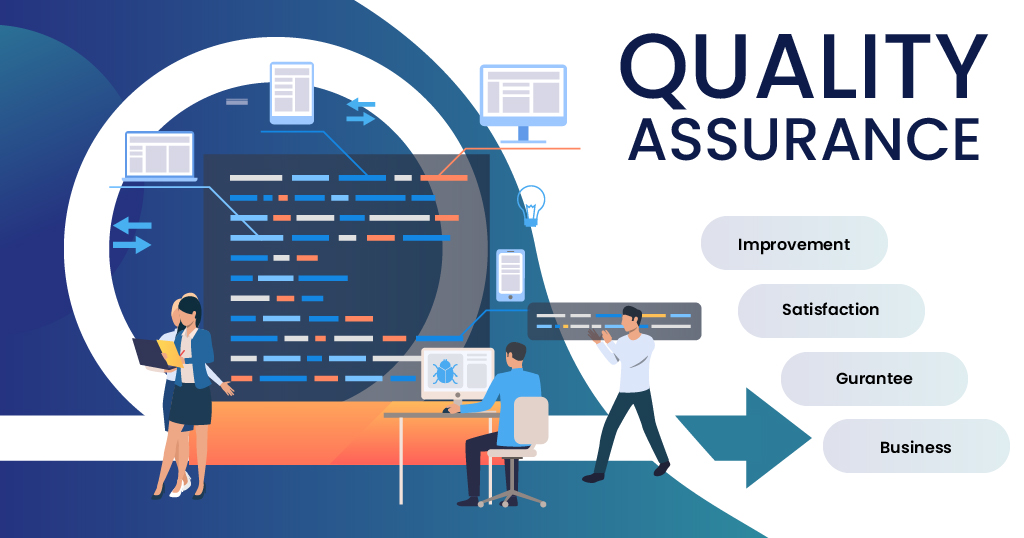No matter what you develop, be it a software or a product, the inability to maintain the quality standards can be catastrophic. Not only does it hamper the product performance and reliability but it also damages the brand name. Considering the world of technology, software QA, in general, is a rather underestimated part of development. Often developers and companies put very little effort into QA and testing. However, we at Texala, consider it equally important as development, to say the least.
In this blog, we have tried to define what the underdog actually does for your business.
What QA Does For Your Business?
1. Enables Detailed Business Understanding
Before beginning with the development of any software, it is pertinent to understand all the business requirements. From understanding the goal of defining the road-map to achieving the same, all these are an integral part of this process. Skipping such a step leads to a sheer waste of time and effort. The three major things to be done by QAs involve analyzing the requirements that can be integrated within a single system, secondly define the feasibility of the solutions and thirdly, planning the testing stages and techniques.
2. Checks Software Reliability
QA and development go hand-in-hand. While developers contribute to the build the project, testers also have their fair share of importance. The work never ends at merely coding the software. Checking its reliability is a major step and can prove very costly if missed. This step also involves source code review to ensure that the code is scalable for the future and thus prevent the program from becoming obsolete.
3. Tests The Performance Of Your Software
Performance and reliability are two aspects that have to be in sync, come what may. A reliable software low on performance is as useless as a powerful software with reliability issues. Your software should be able to handle the defined user strength and to ascertain the same, QA plays an important role. It ensures that your software is free from competency fallacies.
4. Closes All The Loopholes
When in the development stage, there are many chances that the source code might be buggy and cause severe issues in its behavior. All of this needs to be addressed before finally deploying the software. The QAs check for any scopes of bug, vulnerability, and security issues that would cause a glitch in the software. This outright eliminates the chances of any unwanted surprise during the actual UAT.
5. Enables Successful User-Acceptance-Testing
A developer codes the software based on the requirements documented and applies his own understanding of the requirements. This may lead to the development of a product that differs from the client specifications. Also, there is a huge possibility that the requirements proposed during the course of the project may not be transferred effectively to the developers. Hence, the internal UAT defines the degree of alignment of the software with customer needs. All of it contributes to the 360-degree development of the software.
All-in-all, QA emerges to be an essential aspect of development and plays an important role in contributing to the agility of the system. But whether it is pertinent enough for your business process? We’d leave you with that thought to brainstorm!






